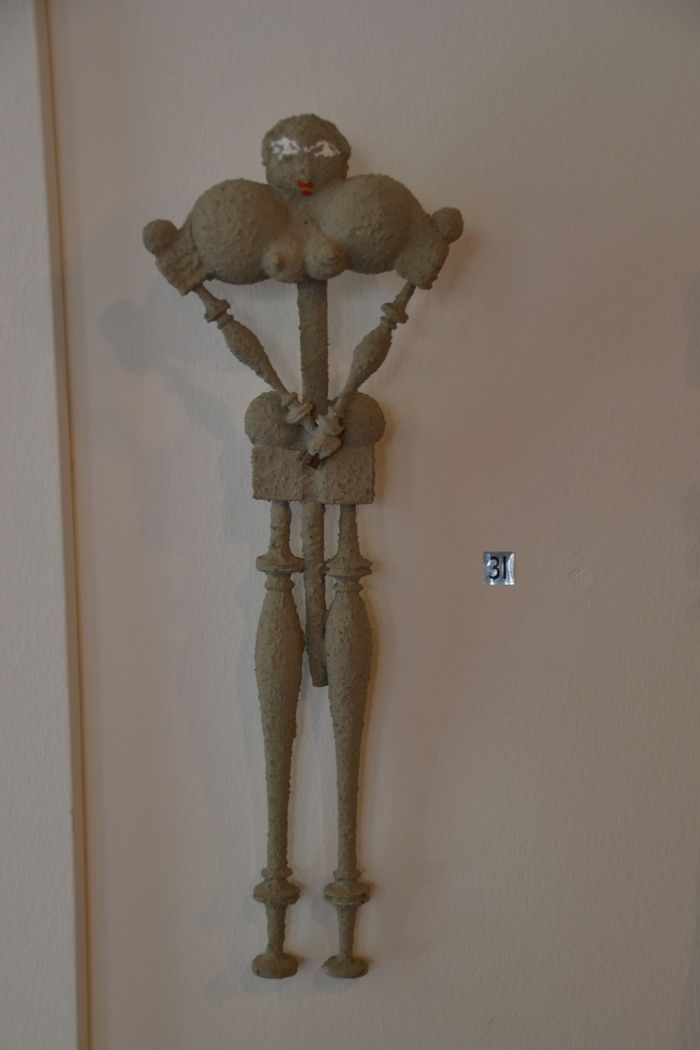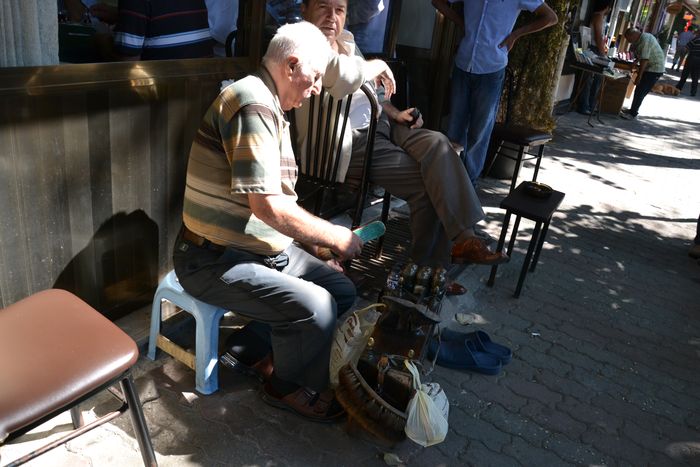187. It was not merely the exceptional beauty of the whole, composed as it was of most beautiful parts, but just as much the individual details that attracted the spectator’s attention, and although he could enjoy to his heart’s content all its charms, it was impossible to find one that palled. Every part of it took the eye, and what is more wonderful, even when you gazed on the loveliest part of all, some small detail would delight you as a fresh discovery. To attempt to place its various merits in any order of preference was useless, for when all the parts were so lovely, even the least attractive could not fail to give pleasure inimitable. Its every detail excited the greatest admiration.
People marvelled at the size of the church, its beautiful symmetry, the harmony of its parts, the variety and rhythm of its loveliness, the streams of water, the encircling wall, the lawns covered with flowers, the dewy grass, always sprinkled with moisture, the shade under the trees, the gracefulness of the bath. It was as if a pilgrimage had ended, and here was the vision perfect and unparalleled.
Neglected his masterpiece
188. Yet to Constantine all this was but the prelude to the future. There were new miracles to be devised, fresh additions to be made. He lived in a dreamland, where past achievement, however won, however acclaimed, seemed to him at once despicable, and he neglected his masterpiece. But he had secret ambitions. These were his new incentives: it was they that fired him with a desire for paths hitherto untrodden.
189. He was moody and inconsistent, but he had one object above all others: to make his country great and famous. I must admit that, in this respects he was not altogether unsuccessful, for the boundaries of the Empire were much extended in the east, and a considerable part of Armenia was annexed. Certain kings of that country were deposed and forced to acknowledge Roman suzerainty. On the other hand, when expediency demanded that he should address other rulers in terms of extreme arrogance, he despatched envoys to them with letters that were abject, quite unworthy of an emperor — doubtless because he wished to win their friendship.
190. In the case of the Sultan of Egypt,**145 for example, he was far too conciliatory — deliberately so, to all appearances — and the Sultan flattered himself because of Constantine’s humility. Like a wrestler who is losing his fight, he changed his tactics. Instead of allowing his opponent to dictate the strategy of the contest, he introduced grips of his own — and won. He was proud of it, too.
Read More about Zoe and Theodora part 10








